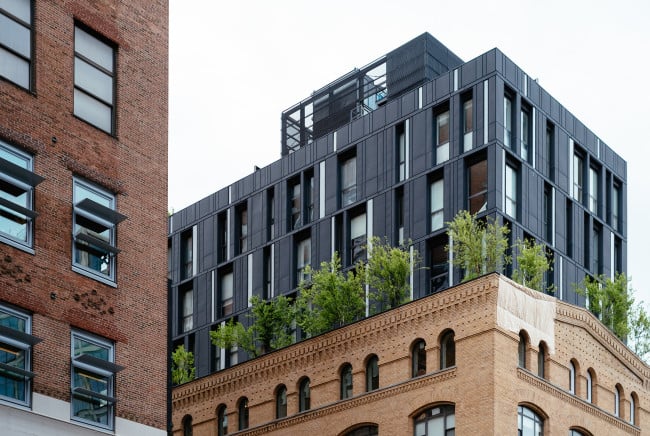If co-ops are carved out of the tenant protection laws, how does that impact our board?

Boards will be able to take more than one month’s maintenance in escrow from a potential buyer.
iStock
If co-ops are carved out of the tenant protection laws, how does it affect the way our co-op board operates?
“The provisions of the Housing Stability and Tenant Protections Act (HSTPA) of 2019, which seemed on their face to include co-ops, have been amended so they clearly do not apply to co-ops,” says Steven Wagner, a partner at the Manhattan law firm Wagner, Berkow & Brandt who represents co-op and condo boards and owners.
When this amendment is signed into law by the governor, it will mean boards are free from some of the restrictions imposed by HSTPA, including a co-op’s ability to take more than one month’s maintenance in escrow from a potential buyer, as well as their capacity to collect legal fees, late fees, and other charges in addition to maintenance in housing court if a tenant-shareholder defaults.
“These are welcome changes and allow co-ops to operate again in ways they had become accustomed to before they got caught up in the tenant protection law. Co-ops are not set up to generate a profit like a rental building so it’s only fair that these restrictions were lifted,” Wagner says.
Financial restrictions lifted
Co-op boards will be able to approve a buyer who wants to shore up their finances by putting maintenance in escrow. For many years this was a common practice but when co-ops became tangled in the tenant protection laws and landlords were no longer allowed to take more than a month’s rent as a security deposit, co-ops found they were similarly restricted.
“The Housing Stability and Tenant Protection Act wiped out those escrows and as a result people who might have been approved with an escrow were no longer being approved because no sooner did people purchase, then they could successfully demand anything more than one month’s maintenance to be returned to them,” Wagner says.
With co-ops carved out of the rent laws, boards can take money in escrow to approve potential purchasers who are on the margins in terms of their finances.
“This can be six months of maintenance to a year or even two years in some cases—whatever the board decides and for however long they decide,” Wagner says.
Charges for application fees
In addition to lifting restrictions on escrow payments, co-ops are also allowed to charge application fees above $20—something landlords in rental units cannot do.
“Reviewing the co-op board package is an important part of a building’s due diligence and may involve the time and expertise of management professionals and attorneys,” Wagner says.
Typically a co-op charges several hundred dollars to process these materials and they will be able to do this without any concern they are breaking the law.
Litigation in housing court
Another significant change will be the increased protections a co-op has when a tenant shareholder defaults on their payments.
Wagner points out most co-ops charge late fees if the maintenance is not paid on time. If a tenant shareholder defaults, co-ops will be able to litigate in housing court not just for the unpaid maintenance but also for the late fees, legal fees, and other charges.
“If a shareholder causes damage to the apartment or leaves utilities unpaid, a co-op would not be able to go after the shareholder in housing court, but for this amendment,” Wagner says.
Prior to this change, if you went to housing court for unpaid maintenance you couldn’t recoup your legal fees or any of the other expenses.
Maintenance increases
Co-ops may also increase maintenance charges more than 5 percent without giving the required notice under the Housing Stability and Tenant Protection Act. “This allows co-ops to increase the maintenance to meet the needs of the co-op including additional amounts needed for capital repairs, commonly referred to as assessments,” Wagner says.
A board will be able to do this without giving the notice outlined in the rent reforms, provisions that range from 30 to 90 days depending on the length of a resident’s tenancy.
Mitchell-Lama co-ops excluded
One important detail however is that each one of these amendments excludes co-ops formed under the Private Housing Finance Law, such as Mitchell-Lama co-ops. “These types of buildings remain under the restrictions of the 2019 rent reforms,” Wagner says.
New York City real estate attorney Steven Wagner is a founding partner of Wagner, Berkow, & Brandt, with more than 30 years of experience representing co-ops, condos, as well as individual owners and shareholders. To submit a question for this column, click here. To arrange a free 15-minute telephone consultation, send Steve an email or call 646-780-7272.
You Might Also Like




























